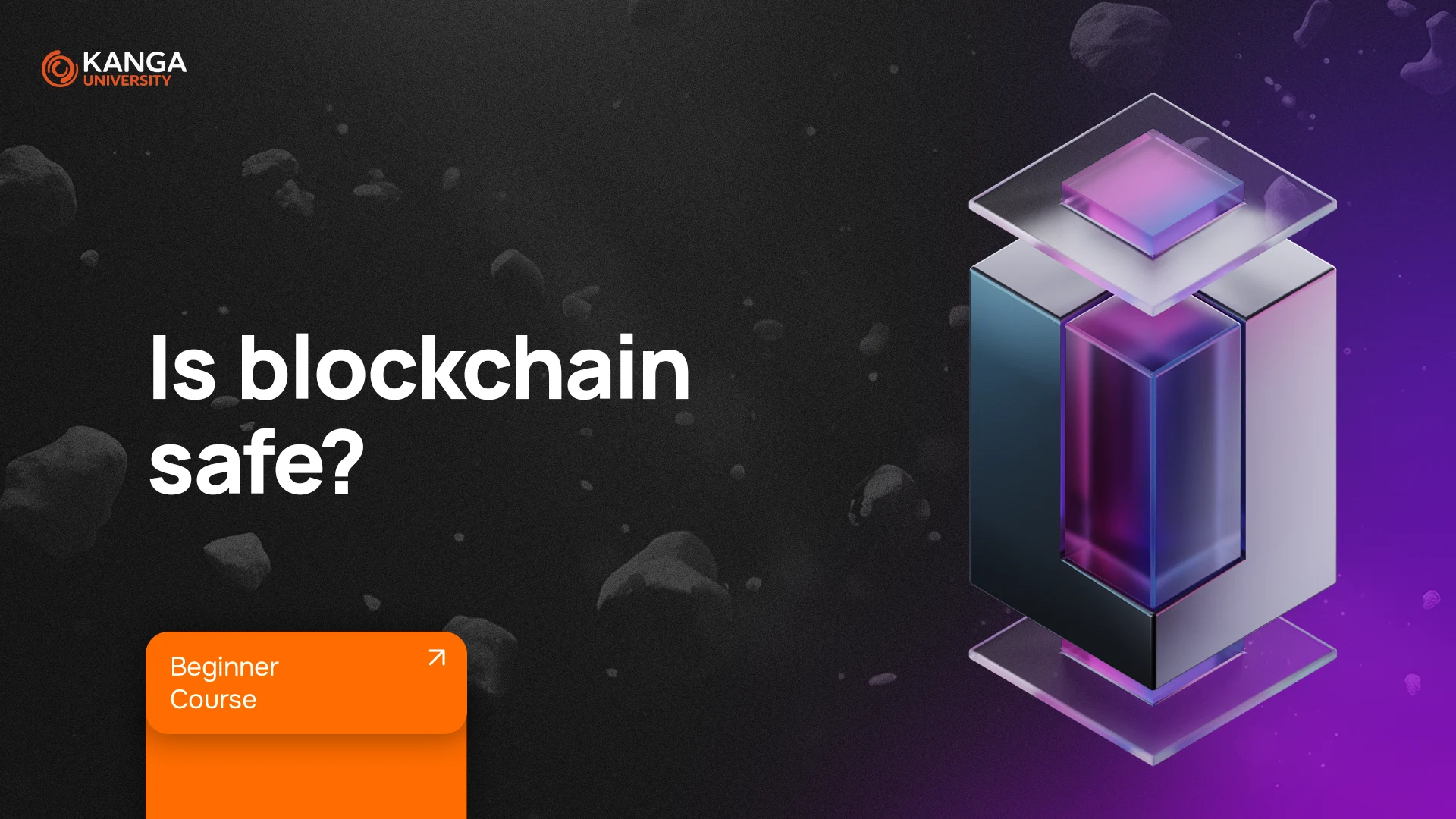
Blockchain is often described as one of the most secure technologies in the world. This is true – but with a caveat. While the very structure of blockchain ensures a high level of security, it does not mean that the entire cryptocurrency industry is free from threats. In reality, most security problems do not stem from the technology itself but from its users.
How Does Blockchain Ensure Security?
The greatest advantage of blockchain is its decentralized structure. This means there is no single institution that controls the data – it is distributed among thousands of computers worldwide. As a result:
-
Data is difficult to alter – once a transaction is added to the blockchain, it cannot be reversed or edited. This eliminates the possibility of record falsification.
-
The system relies on cryptography – transactions are secured with advanced encryption, making them virtually impossible to counterfeit.
-
Verification is based on consensus – before a transaction is approved, it must be verified by multiple independent entities, minimizing the risk of manipulation.
So, Where Do Hacking Attacks Come From?
If blockchain is so secure, why do we hear about millions of dollars stolen from cryptocurrency exchanges? The answer is simple: technology is one thing, and how we use it is another. The most common causes of cryptocurrency losses include:
-
Human errors – users lose private keys, provide login credentials to scammers, or use unsecured devices.
-
Attacks on exchanges and wallets – hackers do not attack blockchain itself but its surrounding infrastructure, such as platforms where cryptocurrencies are stored.
-
Frauds and Ponzi schemes – some projects promise unrealistic returns but turn out to be simple financial pyramids.
How to Protect Yourself?
When using cryptocurrencies, it is essential to follow some key security principles:
-
Secure storage of private keys – it is best to use hardware wallets and avoid storing keys online.
-
Two-Factor Authentication (2FA) – an additional security layer that makes it harder for third parties to gain access to your account.
-
Be cautious when clicking links – scammers often impersonate cryptocurrency exchanges, sending fake emails.
-
Verify addresses before sending funds – blockchain transactions are irreversible, so if you make a mistake, your cryptocurrencies are lost forever.
-
Choose trusted platforms – before deciding on an exchange or cryptocurrency wallet, check whether it is well-secured and has a good reputation.
Summary
Blockchain is a technology designed with security in mind, but it is up to the user to decide whether to use it responsibly. Most attacks do not result from flaws in the system but from users’ lack of caution. If you follow basic cybersecurity principles, your cryptocurrencies will be much better protected.